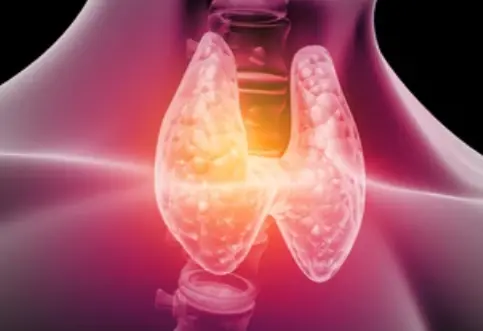 Welcome
Welcome
“May all be happy, may all be healed, may all be at peace and may no one ever suffer."
- A
- B
- C
- D
- E
- F
- G
- H
- I
- J
- K
- L
- M
- N
- O
- P
- Q
- R
- S
- T
- U
- V
- W
- X
- Y
- Z
Pertussis - Generics
Pertussis, also known as whooping cough, is a highly contagious bacterial infection caused by the bacteria Bordetella pertussis. It is spread through the air when an infected person coughs or sneezes.
The early symptoms of pertussis are similar to a cold or flu and may include:
- Runny nose
- Sneezing
- Low-grade fever
- Mild cough
After about a week or two, the cough becomes more severe and can be followed by a high-pitched "whoop" sound when the person inhales. The cough may be so severe that it can lead to vomiting, exhaustion, and even broken ribs.
Pertussis can be especially dangerous for infants, as they may not have developed the immunity to fight off the infection. It can also be serious for older adults and people with weakened immune systems.
The treatment for pertussis typically involves antibiotics to help reduce the severity of symptoms and prevent the spread of the infection. It is also important to stay hydrated and rest. Vaccination is the best way to prevent pertussis. It is recommended that infants and young children receive the pertussis vaccine as part of their routine immunizations, and that adults receive booster shots every 10 years.

Bacteraemic pneumonia

Peripheral neuropathy

Thyroid carcinoma

Kawasaki disease and derm...

Cold sores

Episcleritis

Glioblastoma multiforme

Energy malnutrition
Pertussis, পার্টুসিস
To be happy, beautiful, healthy, wealthy, hale and long-lived stay with DM3S.